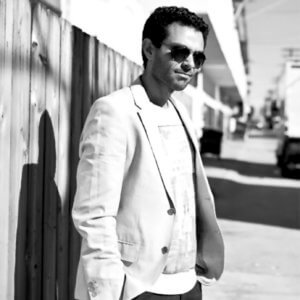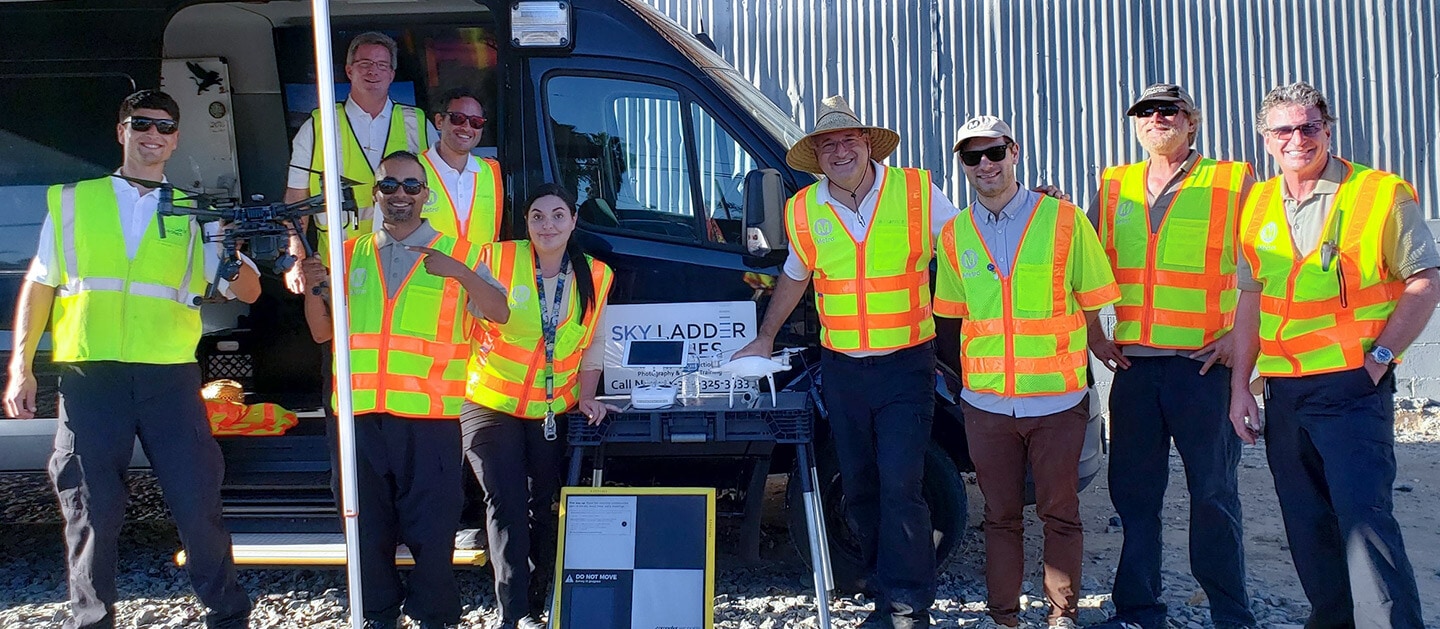
Customer Name:
Matt Alcobia
Profession:
Founder and Executive Director,Noize Cartel Records
Location:
San Diego, California
Get a Quote
Thimble: When did you start your business, and what’s your mission?
Matt Alcobia: I created a record label called Noize Cartel Records (NCR) in January 2014. I started it in Australia and ended up branching out into the United States where my family is based.
NCR is designed to help independent artists break into the music industry and gain exposure, giving them access to the resources and knowledge they need to release commercial music and find real success in the music industry today.
T: How is your business model different from the status quo?
MA: The way the music industry works is kept such a big secret from artists. Even though the independent sector has grown, everything still gets filtered through the major labels, and independents still struggle to get everything they’re entitled to because they simply don’t know what questions to ask.
I teach our artists everything I know, link them with mentors, and equip them with tons of information. Things change all the time in the music industry, and I want the artists I work with to know how to realistically react to and address those changes as they come.
T: Were you in the music business before founding Noize Cartel Records?
MA: I was basically born into the industry. I’m fourth generation: my grandfather, his parents, my uncle, my dad, and my cousins in Portugal all worked or are currently working in the music industry.
T: What kinds of artists do you tend to work with at NCR?
MA: We work with artists who are kindhearted people, who are in the industry for the right reasons, and who have a lot of talent. They’re on this planet to spread a message through their music.
It really doesn’t matter to me if they don’t have an established fanbase or have never released a record before. As long as their music is marketable and they have the right attitude, everyone on the label works to get them where they’re going.
All of our artists work, collaborate, and tour together. I call our artist roster the Noize Cartel family, and we do a lot of work to cross-promote the talent we sign.
T: What signs do you look for in the artists you bring on that tell you it’s going to be a good relationship?
MA: If someone sends me a release, I’ll check it out and get back to them with feedback, and basically ask them what they’re aiming to achieve with their music. If they tell me that they want to do it full time and it’s a dream of theirs, I’ll pursue the relationship further. You have to really love what you do as a musician, because you do it 24/7.
A lot of fledgling artists think that I’m going to chase them around to sign them to the label, but it’s not like that. If they really want to succeed and are willing to put in the work, they’re going to chase me.
T: Back in 2014 when you decided to go into business, did you hit any major roadblocks?
MA: Not really, actually! I’ve owned a few businesses and have been self-employed for most of my life. For this business, everything has fallen into place unbelievably well. It feels like it’s what I’m supposed to do.
You get back what you put into it; if you put your whole life into it, it pays off in the end. But it takes a lot of time and work to get there.
We’ve taken a scrappy approach to releasing commercially successful music that hits the charts with limited resources. We released an album with one of our artists, Digital Lizards of Doom, not too long ago that took us two years to make. We made it with the instruments we had; he had a guitar, and we borrowed other instruments from friends.
The album, “Lizards and Labyrinths,” got featured in Forbes when we released it. We have a music video coming out with Tony Hawk.
T: Have you received any great advice about being a first-time business owner?
MA: Yes. I sought out mentorship from successful people in the industry in the early days, and I still go to them for advice. One of them once told me, don’t worry about people saying no. Every no you get is a step closer to yes.
Trying to stay positive and surround yourself with positive people has a significant influence on your perspective. I’ve always want to do good in the industry. My exit strategy now is to make it work or die trying.
T: How has the small business insurance arranged by Thimble played into your business strategy?
MA: I shop around for everything to find a fair deal and decent people to work with, and insurance is no different.
I needed a General Liability policy once we moved the company into a temporary studio space in San Diego. We’re only there for six months, so I was looking for an insurance company that would give us a short-term quote. No one would quote me for anything less than a year. The cheapest quote I got outside of Thimble was $700 with the full premium paid upfront.
When I came across Thimble in my search, I asked a couple of questions to see if what we do would be covered. You got back to us straight away and answered all of my questions. I ended up taking out a policy right then and there and got a Certificate of Insurance instantly. We bought only the coverage we needed, and everything was really smooth and easy. I’ve been recommending Thimble to everyone I know!
T: Any highlights from your experience using Thimble?
MA: You have a really great, easy-to-use interface. Everything works well—the ability to extend the policy is really handy, as is the ability to add Additional Insureds after you’ve purchased your policy.
You can edit the policy through the app—just having an app is really handy, because I can pull out and modify my policy wherever I am. We do music videos around the city, and if an opportunity presents itself where we need to have General Liability, I can get it on the spot. Especially in the fast-paced entertainment industry, you have to be ready for those moments.
We do a lot of sound engineering at shows where we supply our own equipment. I often think about what would happen if someone got hurt or tripped over something. Having our own insurance policy gives us a sense of security in those situations so we don’t have to worry.








